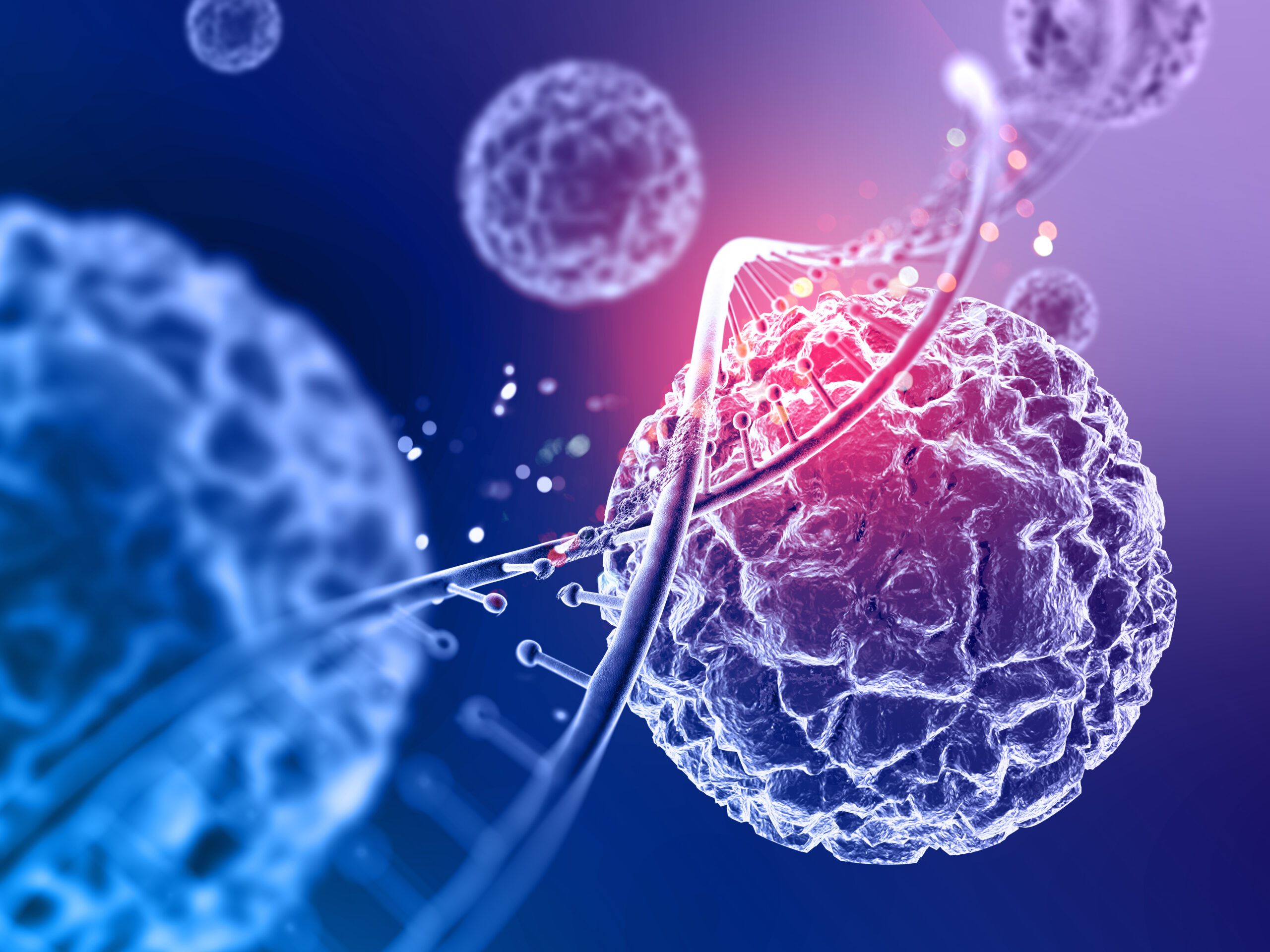
Advantages and Disadvantages of Donating Sperm
Sperm donation involves donating genetic material to another person or couple via artificial insemination. Sperm banks impose limits on the number of children produced by a donor. However, private donations are less regulated. One study found that sperm donors often cite altruism as a motive but also report reasons related to financial gain, selfishness, and detached procreation.
Advantages
Sperm donation gives couples, individuals, and other men with male infertility the chance to build families through artificial insemination. Sperm donors are generally anonymous, although a sperm agency may have pictures and other detailed information about them on file. They are also medically screened, and their sperm is frozen and quarantined before being used in fertility clinics. Donors may have to undergo further screening at regular intervals to ensure their sperm is free from infectious diseases like HIV and STIs such as chlamydia and syphilis.
Using an anonymous donor does not involve the donor in raising the child conceived from his sperm, and can help avoid complicated situations where a donor tries to gain contact with or be involved in the life of a child he has helped to create. However, it is important for couples to check laws governing insemination procedures and parental rights before choosing a sperm donor. They should also consider whether they want their known donor to be present at the child’s birth, and if so, for how long.
Disadvantages
Donors must visit the sperm bank on a weekly basis, and they also have to submit to a series of health tests to make sure that they do not have genetic diseases or sexually transmitted infections. Sperm donors often have the option to remain anonymous, but they can choose to agree that children conceived by their sperm can get in touch with them when they are 18. In addition, many sperm agencies limit the number of pregnancies a donor is allowed to produce. This informal system has a number of weaknesses, but the most serious is the risk of abuse by donors. The number of cases involving abuse or morally questionable behavior on the part of sperm donors is a serious concern, but there are no easy solutions. The use of sperm from a private donor can be expensive for couples that suffer from severe male factor infertility due to low sperm count or motility problems. Donors must undergo rigorous medical evaluation and screening to ensure that they do not have genetic or sexually transmitted diseases that could be passed to the offspring. They also must agree to undergo two-day abstinence and give a semen sample for thawing and testing. The process of becoming a sperm donor may be lengthy. Donors must submit to physical, personality, and psychological screening. They must also give blood, urine, and semen samples. They must also be CMV (cytomegalovirus) negative since the infection can cause serious health issues in babies born to CMV-positive fathers. Some donors receive payment for their contributions, but most do not make a significant income from their donations. Most sperm banks pay donors $100-$150 per viable sperm sample.
Legality
The development of fertility medicine has meant that sperm donation is now increasingly used for women who are unable to conceive because of the absence of a male partner or because her male partner suffers from infertility. However, it is important to remember that any children conceived by the use of donated semen will have a different legal father than the man who donated the sperm and is therefore the biological father. Many sperm banks will provide information about their donors, for example, how old they are and whether they have been tested for infectious diseases like HIV, hepatitis, and syphilis. However, this information is often difficult to verify and it’s important that you consider whether you would want your child’s biological father to be an unknown person. Most sperm donors remain anonymous. When donating sperm, it is also important to note that once the sample has been collected and frozen, it is likely impossible for a donor to get it back.
